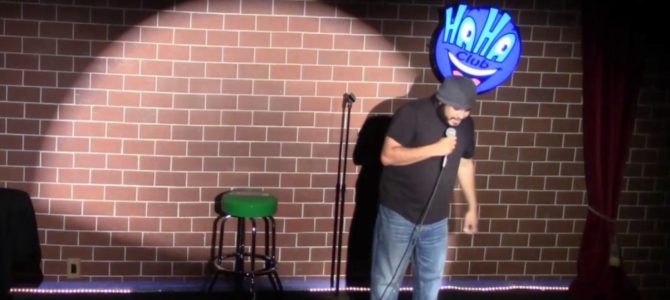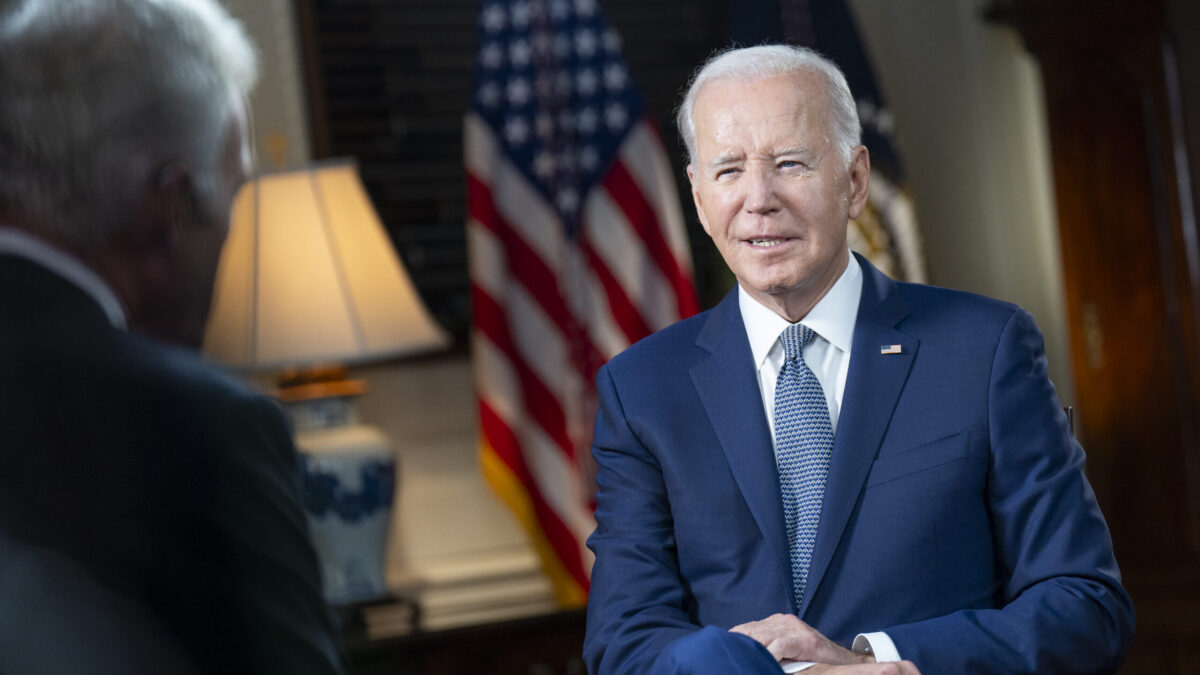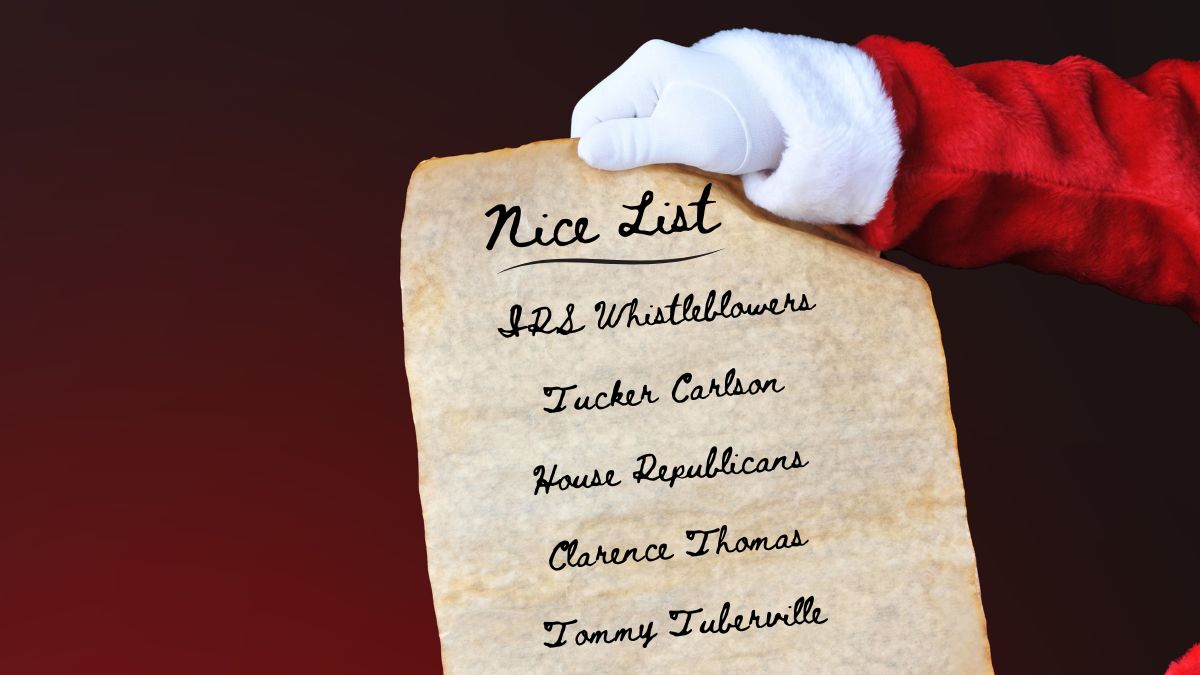On a recent trip to Los Angeles, I made sure to carve out time to visit my favorite, iconic comedy club in West Hollywood, The Comedy Store. Co-founded by the late Mitzi Shore in 1976, The Comedy Store is one of the most popular comedy destinations in Los Angeles, and is known as the launching point for dozens of super-star comedians, including Robin Williams, Jim Carey, and Chevy Chase.
Having covered comedy and free speech for the past year tempered my expectations for the club. In years past, a visit to The Comedy Store would usually include hearing about a dozen comics trying out new material. Some joke tellers were more recognizable than others, but there were always huge laughs. I’d never been preached at by a politically motivated comedian using his microphone to say something poignant and unfunny with the goal of applause, not laughter.
I anticipated my most recent visit would be different — that I would encounter an onslaught of comedians energized by successes like Hannah Gadsby, Michelle Wolf, and Carmen Esposito, and be more likely to talk about how evil Donald Trump is than to tell insightful and relatable jokes.
I was dead wrong. This visit was different, not because the comedians had changed to fit the times, but because they were resisting them. There was an energy and motivation in each set that I had not previously noticed. I saw more than a dozen comedians that night, and almost every one found a way to mention that he or she wouldn’t be edited by mounting political pressure. They got into the game to make jokes, and get laughs, and they weren’t going anywhere.
There was no shortage of jokes about the president, but instead of being divisive and preachy, they were funny. Steven Colbert would have us believe that Trump’s presidency is such a deadly serious catastrophe that even the funniest comedian couldn’t make a joke about him. A night in a comedy club in Los Angeles proved he is completely off base.
Comedian Argus Hamilton had a particularly funny and politically incorrect set. At 66, Hamilton wove in tales of performing at The Comedy Store, on “The Tonight Show,” writing for Richard Pryor, and decades of working with comedic legends to establish that no matter what he said, he wasn’t going anywhere. He had a particularly insightful view on his style, thinking he should have been shut down for being “inappropriate” years ago. The crowd laughed harder, clapped longer, and cherished his set. Another comedian, Steven Byrne, finished his set by thanking the crowd and reminding them that they were at the only place in Los Angeles where free speech was still being protected.
It felt so true that it gave me chills. It felt like we had stumbled into a 1930s speakeasy. The rules were: anything goes, and no one would take offense. Every person in attendance had paid the price of admission to escape the constant fear of accidentally saying something offensive. The crowd was there to laugh at anything and everything.
We sipped our drinks out of supposedly banned plastic straws. The jokes that didn’t get laughs were the ones that weren’t funny, not the ones that could have been marked as “offensive.” The comedians’ lack of fear made us all more comfortable.
Stand-up comedians have long taken to the stage to say what they wouldn’t say in a normal social setting, and while every stand-up comic is different, they all have a common goal: to get the biggest laugh. It’s an art like no other, featuring a “set” that has the capability to make an otherwise completely diverse crowd laugh together in a dimly lit club.
With rare exceptions, stand-up comedians don’t have the ability to rely on musical instruments or a physical “act” to connect them to their audience. They only have the stage, their own thoughts, and their ability to tell a joke.









